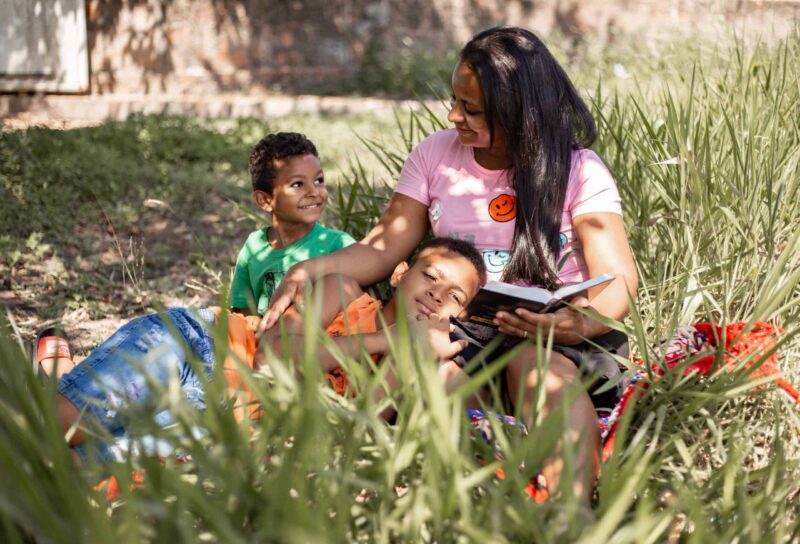How to Write Letters to Teenagers
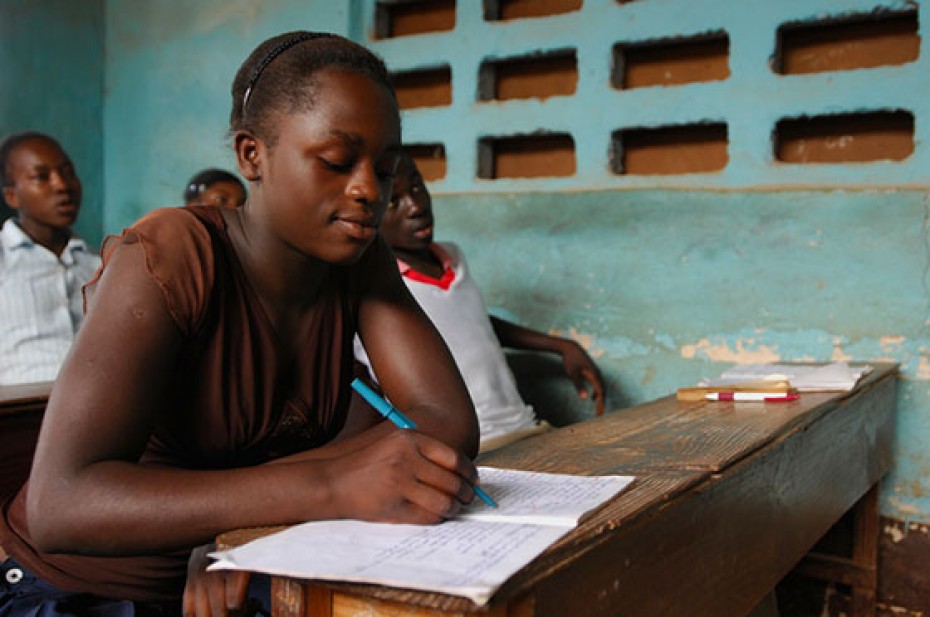
Developing a meaningful long-distance relationship through letters with 5- to 10-year-olds isn’t very complicated at first. Tell them you love them, tell them God loves them, tell them you are proud of them. Send them stickers, coloring pages, and photographs of your family. Repeat often! But as any parent knows, as those little ones develop into teenagers and young adults, your communication style needs to change.
Continue Reading ›Dios, Patria, Libertad: An Intro to the Dominican Republic

With a team of Compassion Bloggers heading to the Dominican Republic next week, we thought it’d be a great time to learn more about the beautiful island country, its customs and its people before you experience it with the bloggers. So to buff up on your Dominican Republic knowledge and our work there, here are some great resources for you.
Continue Reading ›Compassion Bloggers are Going to the Dominican Republic

A team of Compassion Bloggers will be in the Dominican Republic from February 16 through February 20, 2015, blogging for children in poverty.
Continue Reading ›Letter Writing: Lost In Translation

When we wrote the blog post “30 Adorable Things Kids Say,” it was no surprise we saw a great response from you on the blog and Facebook about the joy contained in the letters you receive from your little family member in their far away land. Even through separation of distance and culture, you are developing a beautiful and genuine relationship. Your sponsored child’s letters contain more than just words. So to make sure the cute things they say never get lost in translation, here is our latest infographic to use as a fun and handy translation guide!
Continue Reading ›Your Child Is in Good Hands
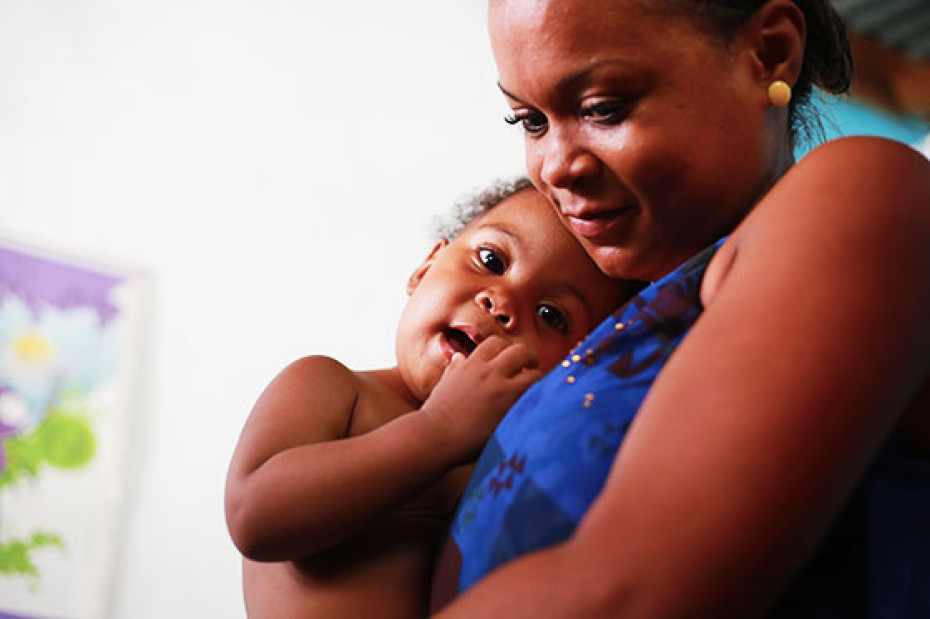
My heart is overflowing as I return to the dry climate and high altitude of my Colorado Springs home from my first trip to the island of the Dominican Republic. I left with a deepened assurance of the investment that the project staff have in each child. Have you ever wondered about the hearts of our staff? I pray that I can convey just a glimpse of the depth of compassion they hold within them.
Continue Reading ›2014 Annual Report: Where Does The Money Go?
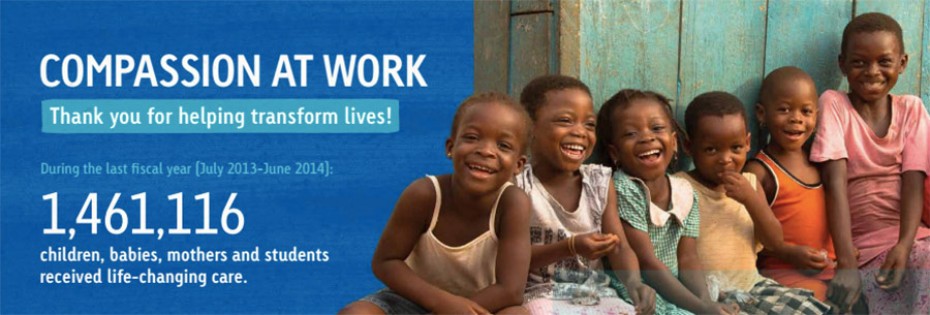
Financial integrity is of extreme importance to us. And so is transparency. Our 2014 Annual Report has been released so you can keep up to date with the who, the what, the where, the how…and specifically, the how much. So where does the money go? Here are a few highlights from our 2014 Annual Report.
Continue Reading ›The Fight to End Extreme Poverty
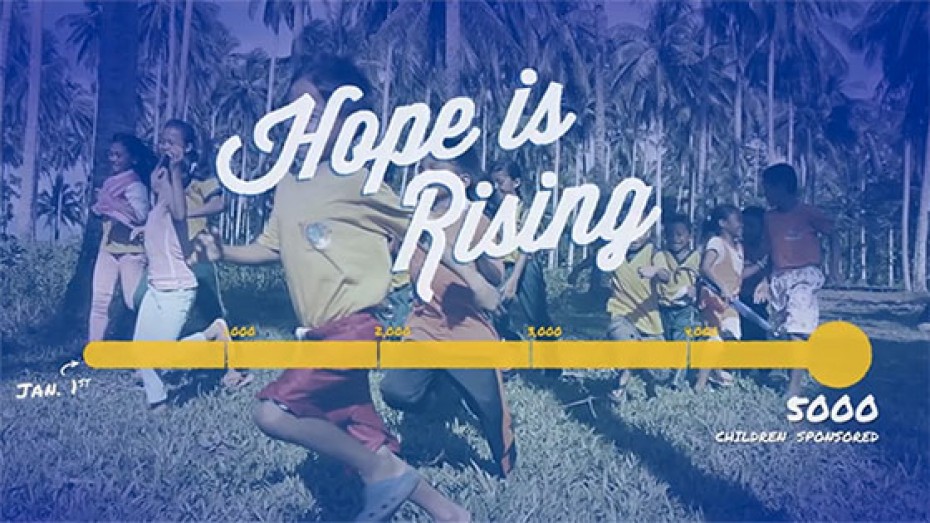
The idea of being able to end extreme poverty in the world often feels overwhelming. But with the latest news from the United Nations, coupled with independent research about our sponsorship program, it no longer feels unattainable. In fact, it could even be accomplished within our lifetime. This good news is our motivation to fight harder than ever before to release children from poverty in Jesus’ name!
Continue Reading ›The Hope in Haiti
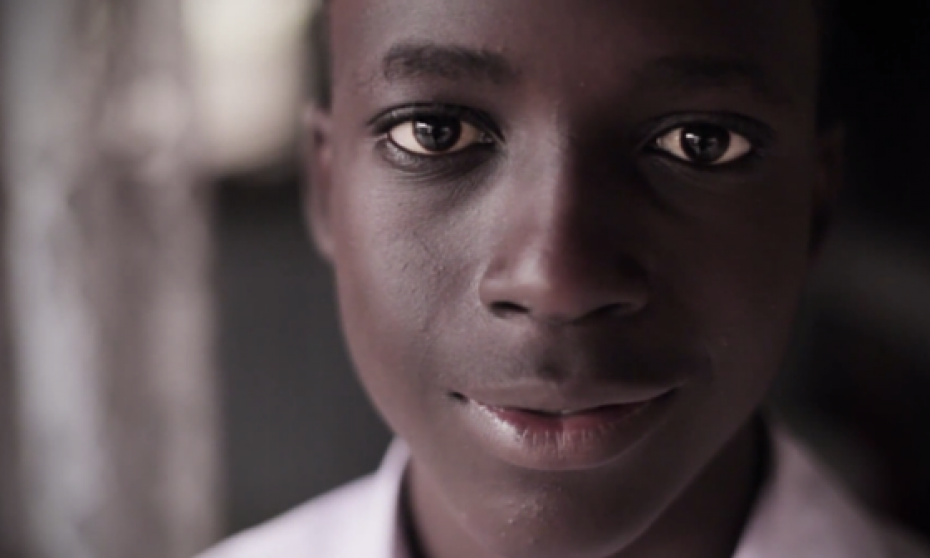
In March of 2013, I visited Haiti. I was unprepared for the devastation that I saw and it upset me so much that I cried myself to sleep the first night. I wondered where the hope was in Haiti. Over the course of the next few days I quickly found that hope can rise out of places where we least expect to find it.
Continue Reading ›Microloans Provide Jobs in Haiti
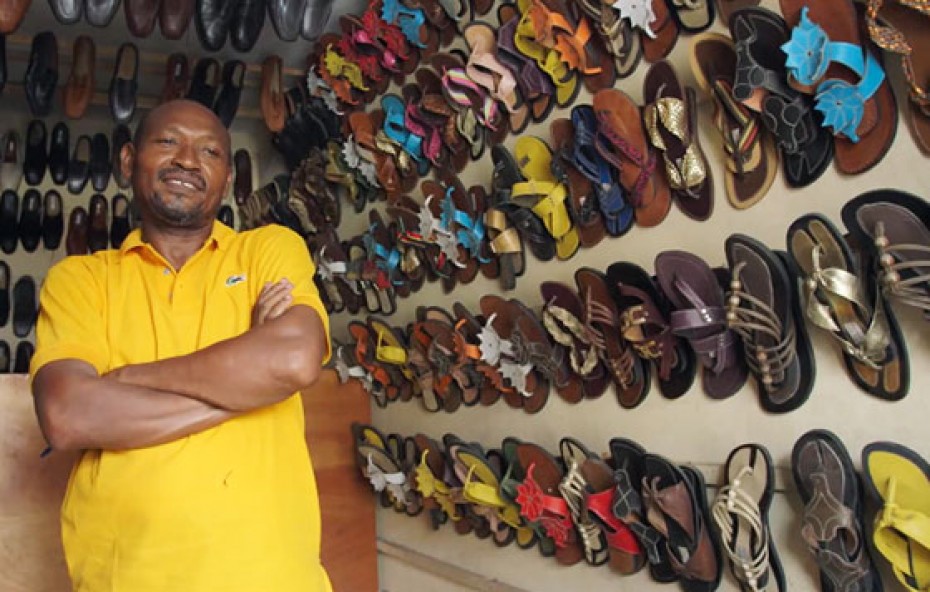
Families who lost everything in the 2010 Haiti earthquake needed help starting over. That’s why we initiated a low-interest micro loan program to qualified recipients to help them start new businesses in their communities. The results have been spectacular!
Continue Reading ›Rebuilding Haiti: 5-Year Anniversary

In the months and years following the devastating 2010 Haiti earthquake, generous sponsors and donors around the world gave more than $31 million toward our Disaster Relief Fund for recovery efforts. It was the largest sum ever raised for one of our disaster relief campaigns. This fund enabled us not only to deliver provisions immediately following the disaster – such as food, water and temporary shelter – but also to establish long-term recovery efforts such as post-traumatic camps and counseling services, entrepreneurial training, low-interest loans for businesses, and the construction of new school buildings.
Continue Reading ›3 Easy Kids Crafts For Letters

As a mom and a Compassion sponsor, I have tried to involve my children as much as possible in our sponsorship journey. My children helped choose our very first sponsored child almost five years ago. We have spent time learning about the countries where Compassion is working. And we have written a ton of letters! There are so many fun art projects that you and your kids can do together to send to your sponsored children.
Continue Reading ›A Short Guide to Talking About Africa

As a U.S. citizen, I’ve heard many reactions to my nationality as I travel to other places. A few gems: “We love Americans!” “We hate Americans!” “You can print your own money at an ATM.” “You’re all fat.” People have ample opportunities to see the United States in news and entertainment, so they have ample opportunities to form opinions of us — for better or for worse.
Continue Reading ›
